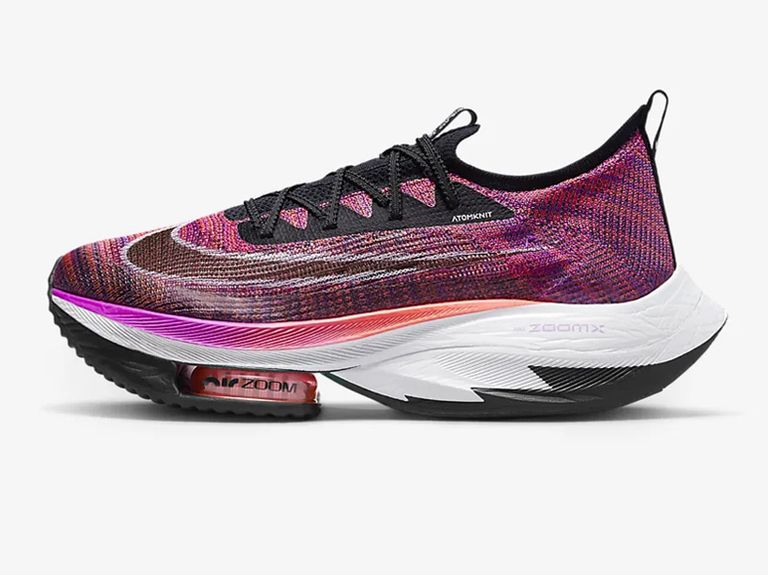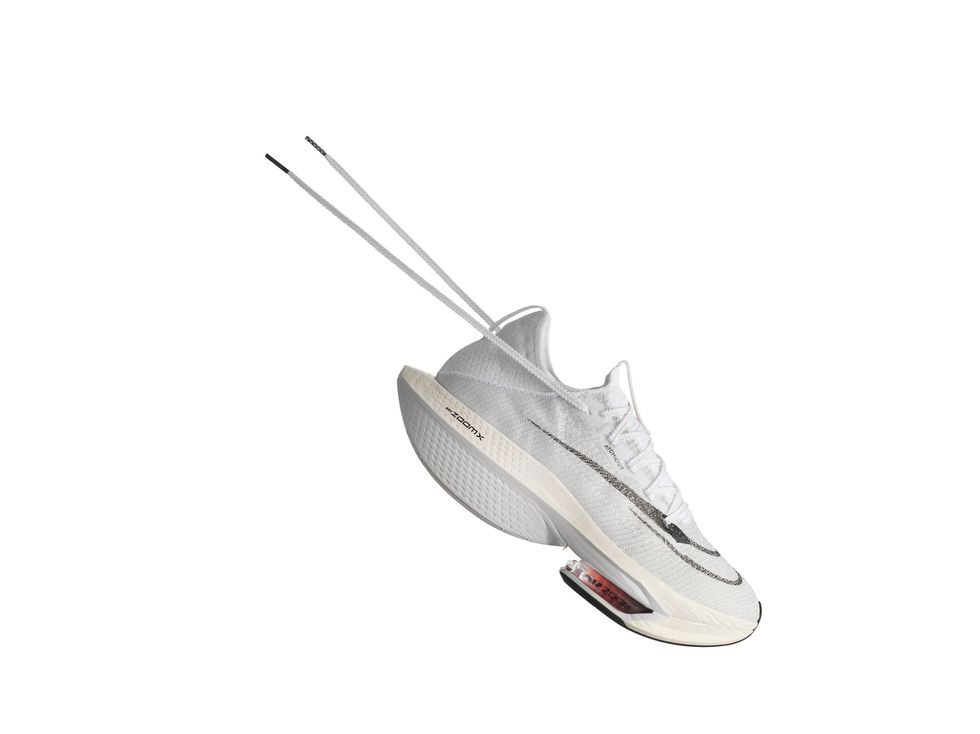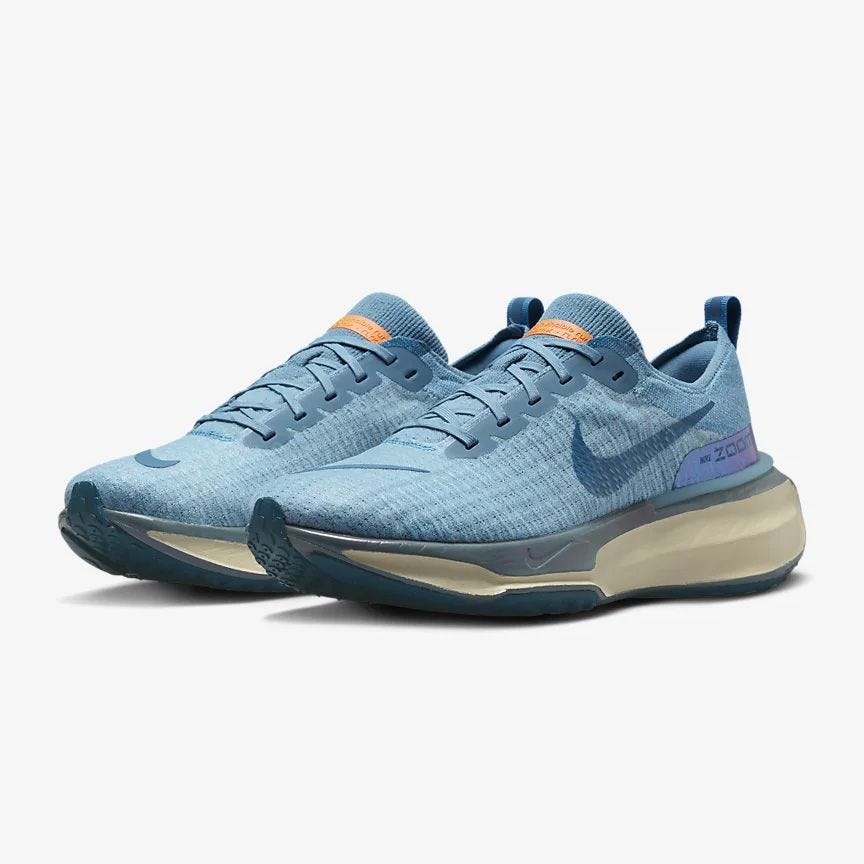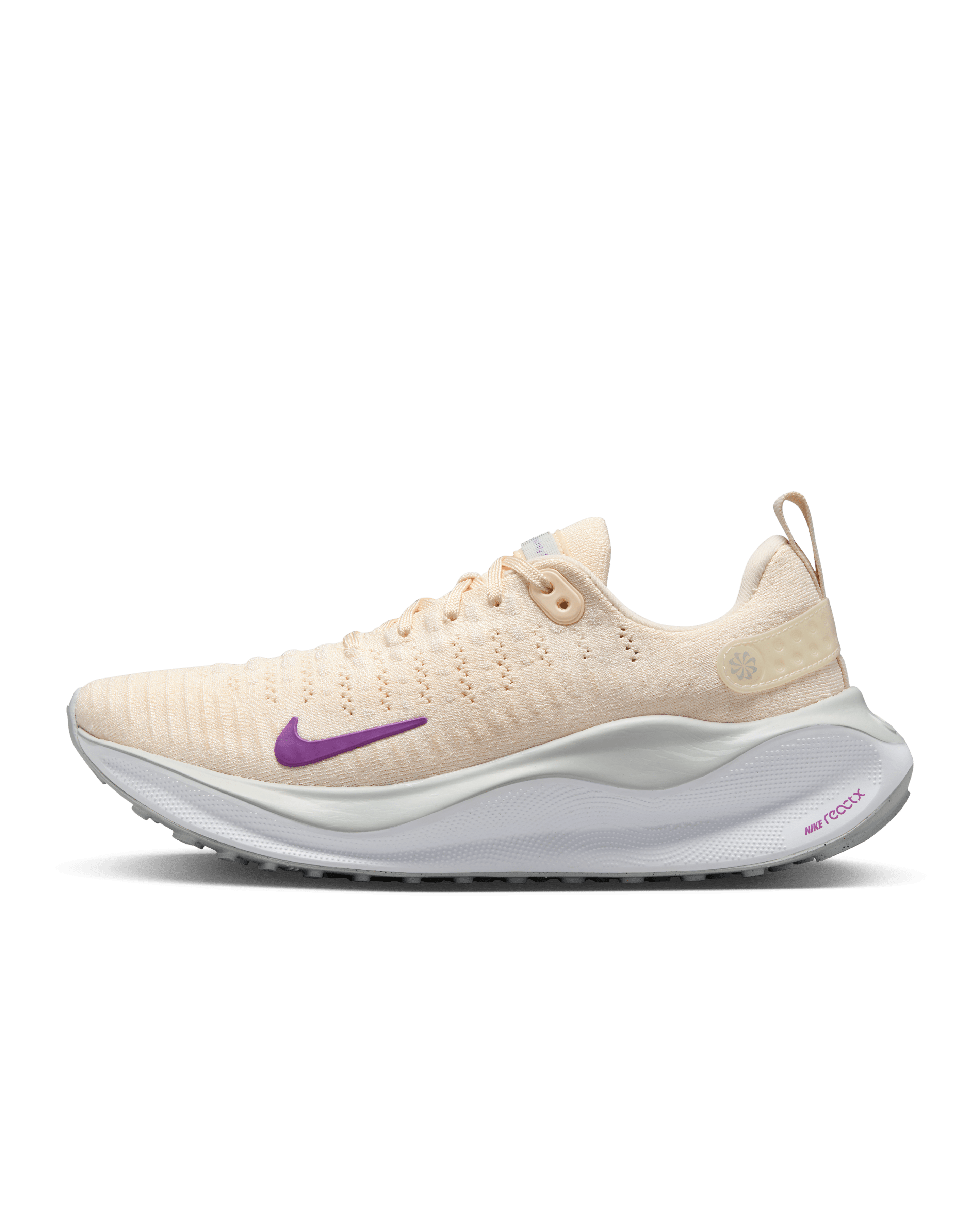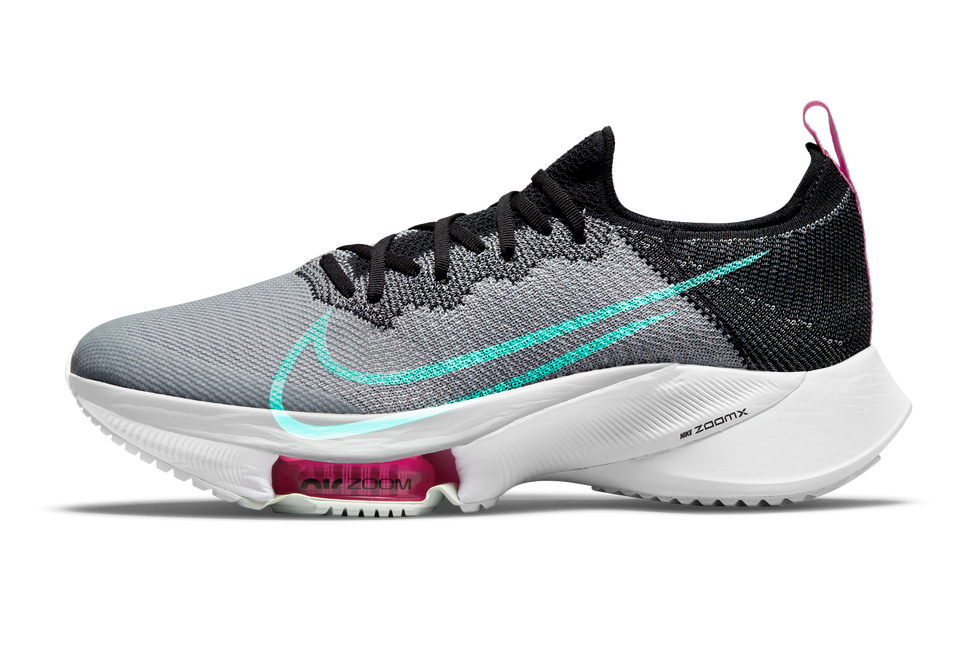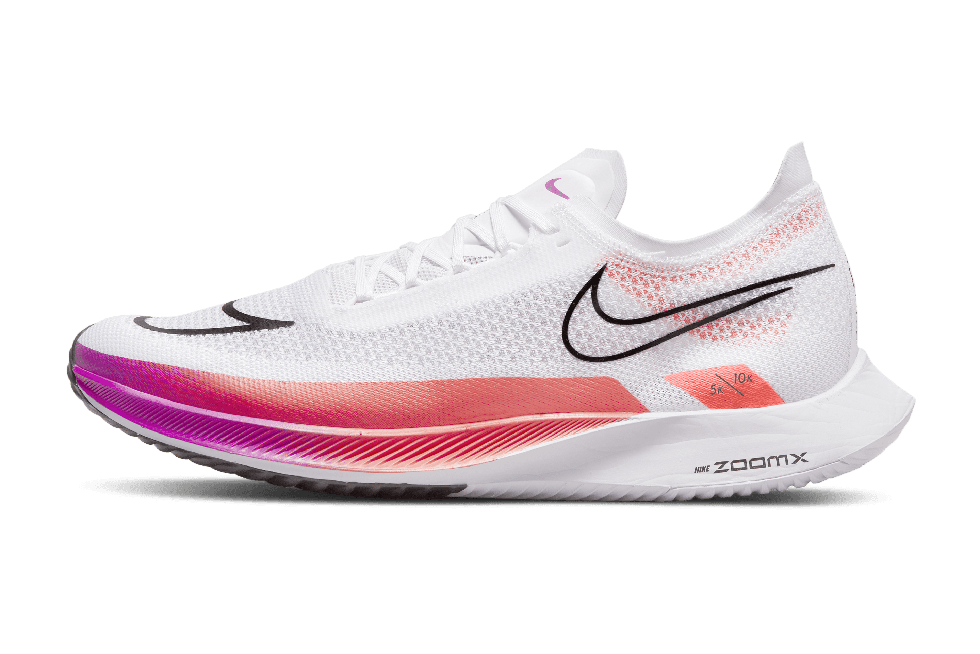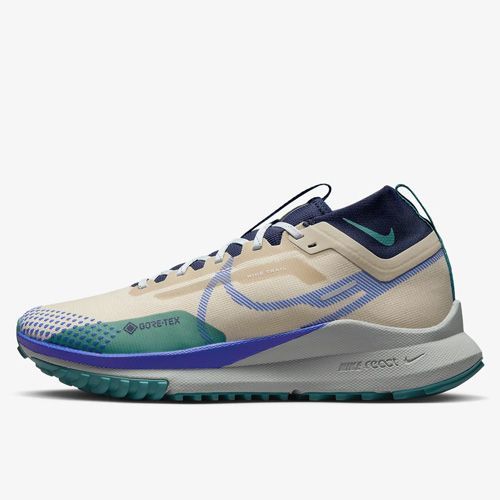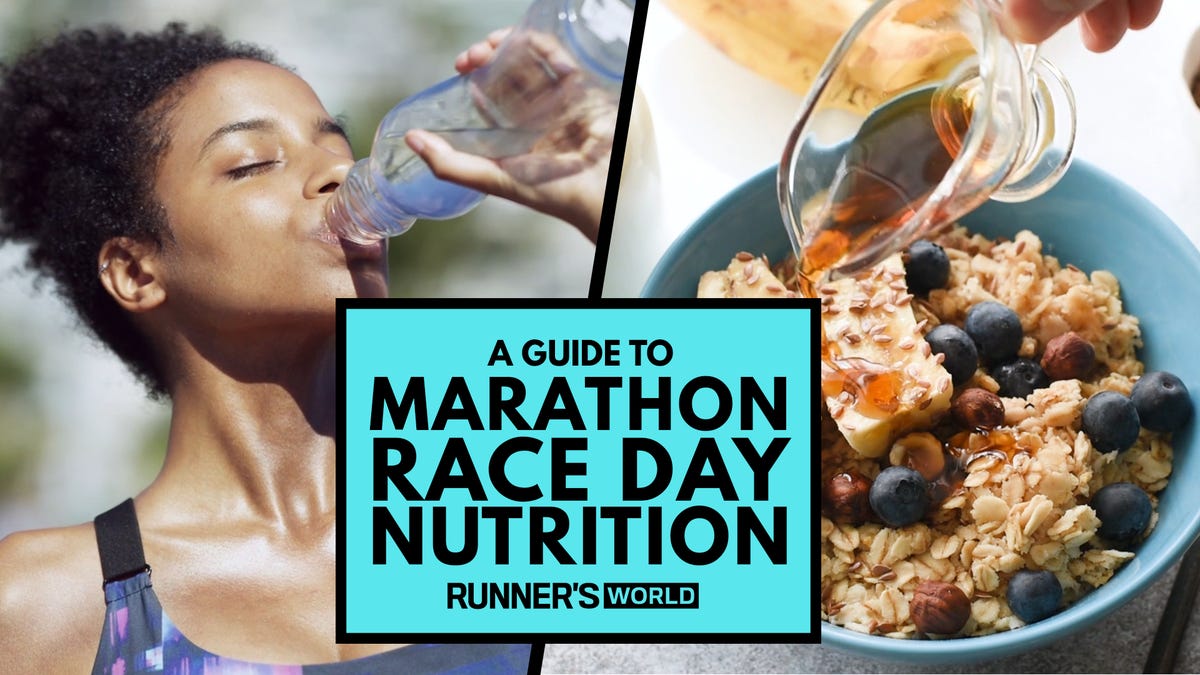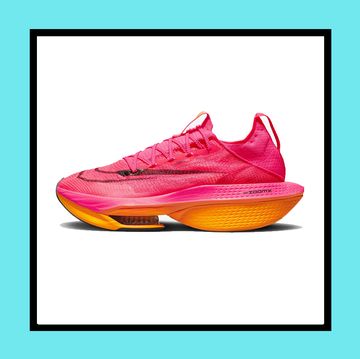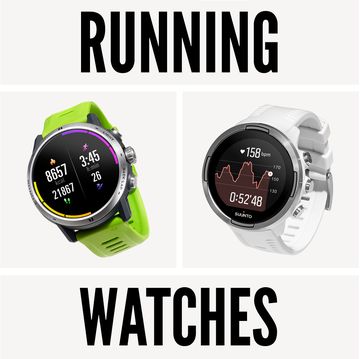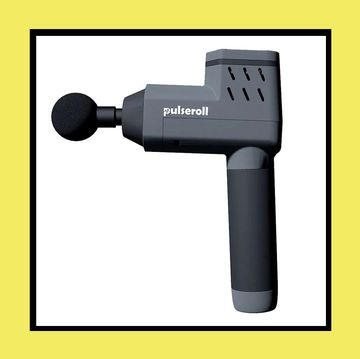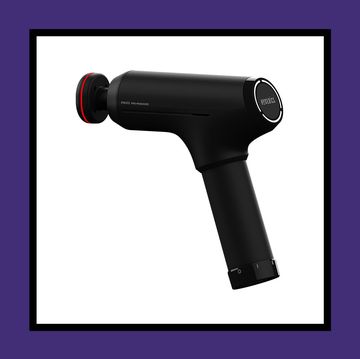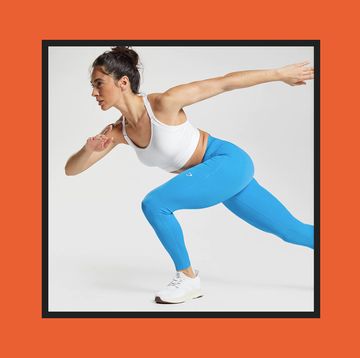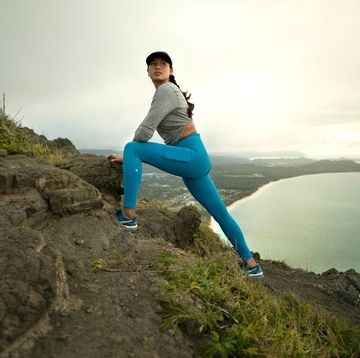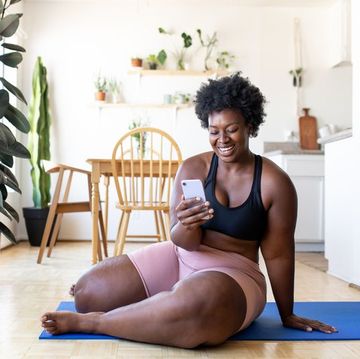Now that Nike is a global powerhouse, involved in virtually every sport, it's easy to forget that they started out as a running shoe company. When Phil Knight decided to start importing Japanese Onitsuka shoes (a company that later become known as Asics) in the early 1960s, he did so with a loan from his dad and out of the back of his car.
In 1964, he partnered with his former coach at the University of Oregon, Bill Bowerman, and Blue Ribbon Sports, the precursor to Nike, was born. When the relationship with the Japanese company became tricker, they started to develop their very own running shoe designs. Bowerman had long been tinkering with the designs of his athlete's shoes in an attempt to get the edge on their rivals. The first official Bowerman-engineered design was the 1967 Cortez, which featured a full-length foam midsole – displaying the kind of innovation that has become the brand’s hallmark ever since.
The best Nike running shoes for 2023
Here are our picks of the best Nike running shoes, listed by type of run or runner.
All of the shoes have been tested, with feedback from RW editors and our team of wear testers. Our choices include the brand’s latest innovations and flagship models, shoes for trail runners, beginners and overpronators. More information on the standout features of each of them can also be found below.
In 1970, Bowerman – while trying to devise a way of improving traction on newly designed track surfaces – caught side of the family waffle iron. Taking it off to the garage to experiment, he ruined the waffle iron but eventually created the waffle sole, still in use today. Then, in 1978, followed the Air sole – an air-filled pod in the midsole designed to absorb impact. Since then Nike has launched a host of innovations, changing the face of running. None more so that the Vaporfly 4% in 2017, the first racer to feature a full-length carbon fibre plate in the midsole to increase energy return.
Throughout its history, the Swoosh has shown an ongoing commitment to creating shoes that help runners go faster, farther and more comfortably, and today Nike produce some of the best running shoes you can buy.
The best Nike running shoes
Best for marathons
Nike Air Zoom Alphafly NEXT% 2
Weight: 238g (M), 173g (W)
Heel-to-toe drop: 8mm
When Eliud Kipchoge ran the first sub-two-hour marathon in history in October 2019 he wore a prototype of these shoes. And there surely can't be a better recommendation for a shoe that that. When you run, the shoe propels you forward – the faster you run, the more you feel it. Even if you can't run at Kipchoge pace – and who can? – the energy saving will maximise your PB chances over any distance, but particularly the longer races.
For the latest iteration, a thin layer of ZoomX foam has been added under the forefoot air pods, while cushioned heel pods have been added to the rear. The outsole material is also thinner but more durable. These changes makes the shoe more compliant when the forefoot hits the ground and improves energy return. The back half of the chassis has been reworked, too, improving stability. Such changes make the original world-beater, even better.
Best for everyday training
Nike Air Zoom Pegasus 40
Weight: 283g (men's), 232g (women's)
Heel-to-toe drop: 10mm
There's a reason that the Pegasus is in its 40th iteration - the 'workhorse with wings' really does deliver. There's only been a couple of minor tweaks to the latest version, including a new, redesigned mid-foot band (for a more secure fit) and a redesigned single-layer mesh upper to offer more breathability and help to improve airflow in sweaty conditions. The Pegasus 40 offers a solid, stable and comfortably cushioned ride, and it's a shoe that can take a lot of mileage and a lot of pounding on the tarmac. While it may not feel nimble enough to be a speed-day shoe of choice, its durability and comfort make it a supremely reliable everyday training option.
Best for road racing
Nike ZoomX Vaporfly NEXT% 3
Weight: 198g (M), 164g (W)
Heel-to-toe drop: 8mm
A go-to for many serious racers, the third iteration of the Vaporfly feels just as lively and fast as the previous two. Nike has overhauled the Vaporfly from the rubber up, looking to make it the lightest yet. One attempt to shave weight came in the midsole shaping, with foam now removed from places where it’s not needed. Gone, too, is the slab of rubber under the forefoot, replaced with a web of diamond-shaped lugs. According to our testers, the new construction eliminates the loud, slappy sensation found in almost all the new super shoes.
Best for long runs
Nike Invincible 3
Weight: 310g (M), 258g (W)
Heel-to-toe drop: 9mm
You can read our full review of Nike Invincible 3, but in summary, it's a shoe that offers cushioning and comfort in abundance and for anyone looking for a daily shoe that is all about cruising about rather than crushing PBs, then these are the Nike shoe for you. The comfort comes from the large chunk of ZoomX foam couple with an oversized footprint, making them the perfect cushioned companion for long training runs.
Most stable
Nike React Infinity Run Flyknit 4
Weight: 310g (M), 244g (W)
Heel-to-toe drop: 8mm
It might not be categorised as a traditional stability shoe, but the Infinity Run 4 nevertheless is almost one by stealth. There is no traditional (though increasingly obsolete) stability medial post in this shoe - instead, there is a clip running around the outside of the heel to keep you stable, and under the forefoot, the midsole is wider. These features unite to offer stability and support, without being intrusive, heavy or clunky as can be the case with some stability shoes.
As with the Pegasus above, the midsole in the latest iteration is made of Nike’s React X foam, which gives you 13% more energy return compared with Nike React foam. There’s also a rocker geometry in the shoe for a smoother transition during footstrike. Extra padding around the heel and ankle keep you supported too, and there's a new water repellent liner to the front of the toe box.
Overall, the React Infinity Run creates that rare thing – an everyday running shoe that both offers an unobtrusive ride to neutral runners, but also enough support for mild overpronators when they need it.
Best for speedwork / tempo runs
Nike Air Zoom Tempo NEXT% Flyknit
Weight: 279g (M), 225g (W)
Heel-to-toe drop: 10mm
The Air Zoom Tempo Next% is designed as a kind of everyday version of the Alphafly Next%. It actually has two different types of midsole foam – in the rear, you'll find React (firmer and more durable) and up front, the ZoomX (softer and more responsive). There's also more rubber on the outsole for better durability. Inside the midsole there’s a full-length composite carbon plate and under the balls of the feet, you have Air pods for superb energy return. While some carbon plated shoes can give a feeling of instability with the rebound, with the Tempo Next%, the more forgiving nature of the composite plate and the wider forefoot makes them stable, as well as peppy. As well as being perfect for faster training runs, they’ll also do a sterling job on race day.
Best for 5K and 10K races
Nike ZoomX Streakfly
Weight: 185g (M), 155g (W)
Heel-to-toe drop: 6mm
Designed for 5K and 10K efforts on the roads, the Streakfly is a lightweight racer built for speed. It's almost an old school racing flat, but with a 2022 update. The minimal heel collar and thin upper shaves weight, while offset lacing eases pressure on the foot. Our testers enjoyed the ‘barely there’ feel, but also felt there was enough support to mean no stability issues, even when cornering at pace. The midsole is made from the same light and responsive ZoomX foam as the Vaporfly, although with a much lower stack height, and instead of a full-length carbon plate, the Streakfly has a Pebax plate (similar to that on modern track spikes) under the midfoot. The result is a super-light, low-profile, springy ride to appeal to the traditional racing flat lover, but with more protection from the cushioning on the midsole. For lighter runners, they could also work as a half marathon racer.
Best for budget / new runners
Nike Winflo 10
Weight: 277g (M), 283g (W)
Drop: 10mm
Now we are at a point where it's increasingly difficult to find a pair of good running shoes under £100, the Winflo 10 are a great budget option for new runners or those looking for a reliable workhorse for regular runs at a pocket-friendly price. Sure, you won’t get the lighter foams or carbon plates of some of the brand’s racier, more pricy options, but the Cushion foam is still pretty soft and smooth riding, and the Zoom Air units in the midsole offer a plenty of responsiveness. The latest iteration has a revamped toe box to provide a better fit for all foot types and there's extra cushioning around the ankle collar. It's got a breathable mesh upper too, and the Flywire cables under the lacing provide a secure and snug fit.
Best for road-to-trail
Nike Pegasus Trail 4 GTX
Weight: 278g (M), 224g (W)
Drop: 9.5mm (M), 8.5mm (W)
Don’t let the GTX fool you into thinking this is some kind of extreme model for only the severest conditions and most technical terrain. It’s actually a true road/trail hybrid, with a React foam midsole that feels great on the pavement. And, though the GTX distinction suggests ankle-high waterproofness, the material only reaches to the top of the laces. The gaiter collar is instead a stretchy fabric, preferable for shielding against trail debris and light drizzle. Though not suited for deeper stream crossing, this construction does breathe easier.
The GTX version has other differences aside from the waterproofness in the upper. The outsole uses a different, stickier rubber to the non-GTX version. It performs wonderfully well on all surfaces and, in further evidence of the Peg GTX’s road-to-trail multitool creds, especially so on the road.
Off the road, it’s at its best on harder packed less technical trails, grass and dirt paths, providing a lively, responsive but smooth and nicely cushioned ride. The traction isn’t quite aggressive enough when things get really steep or slippy. Protective elements are also dialled down compared to the most extreme trail models, with no underfoot rock plate and limited added coverage at the toe, but unless you’re tackling something really extreme there’s enough to keep you safe and comfortable.
Best for technical trails
Nike Zoomx Zegama
Weight: 292g (M), 238g (W)
Drop: 4mm
Named after a mountain race in northern Spain, the Zegama is Nike’s most technical trail shoe. In recent years, Nike trail shoes haven’t been known to tackle the world’s hardest mountain tracks, but the Zegama impressed. The midsole is made from ZoomX – the same stuff used in the Vaporfly and Alphafly racing shoes. On its own it’s too fragile for very technical trails, so it’s enclosed in a more durable carrier foam for better longevity. Still, the sole is Hoka-like thick – with nearly 20mm of ZoomX under your heel and more below the midfoot, so you harness all that soft goodness. The upper is built to handle rugged ground. It has a small gaiter at the top to keep stones out, but the mesh over the foot has lots of ventilation, which doubles as drainage for when you get soaked.
